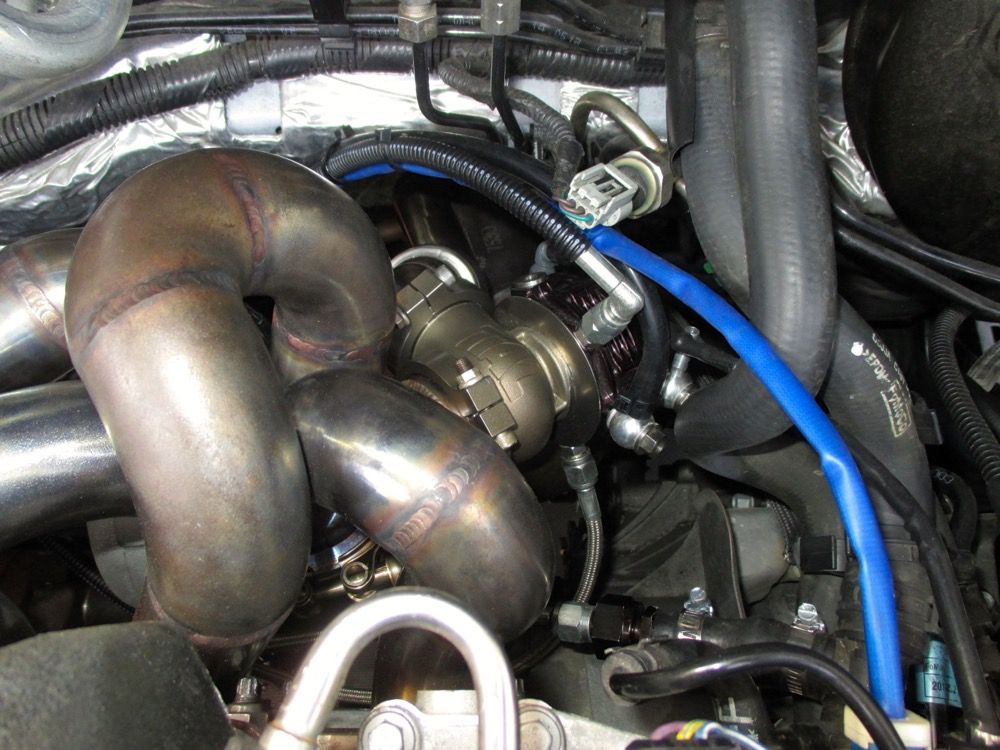Thread Starter
#21
Thread Starter
#21
Ultra-Gauge while driving, MaxiCOM at home. None of my mechanical pressure gauges go high enough.
Something kinda weird happened when I pulled the FRP Sensor out, though. With the engine off and rail primed to 600psi, I cracked the FRPS to bleed off the pressure so I could remove it safely.
Surprisingly, the sensor came out with almost no loss of fuel. I know on EFI systems I always get a bath if I forget to relieve the pressure, so I was thinking this would be 10x worse, but nope - dry.
Then I absentmindedly tapped the open rail with a wrench and all 600psi came out all at once through the sensor hole. It's almost as if a clog or air lock was being released. Huge geyser. The FRP sensor is the high point of the fuel system, so if there were air in the lines it would settle there. Air bubbles could theoretically upset the FRPS reading.
I'm not all that familiar with GDI engines, but given that the fuel system is similar to diesels - is there any need to bleed the fuel lines after a pump replacement like there is with a diesel?
Something kinda weird happened when I pulled the FRP Sensor out, though. With the engine off and rail primed to 600psi, I cracked the FRPS to bleed off the pressure so I could remove it safely.
Surprisingly, the sensor came out with almost no loss of fuel. I know on EFI systems I always get a bath if I forget to relieve the pressure, so I was thinking this would be 10x worse, but nope - dry.
Then I absentmindedly tapped the open rail with a wrench and all 600psi came out all at once through the sensor hole. It's almost as if a clog or air lock was being released. Huge geyser. The FRP sensor is the high point of the fuel system, so if there were air in the lines it would settle there. Air bubbles could theoretically upset the FRPS reading.
I'm not all that familiar with GDI engines, but given that the fuel system is similar to diesels - is there any need to bleed the fuel lines after a pump replacement like there is with a diesel?


![Really Confused [???:)] [???:)]](/images/smilies/confused.gif)